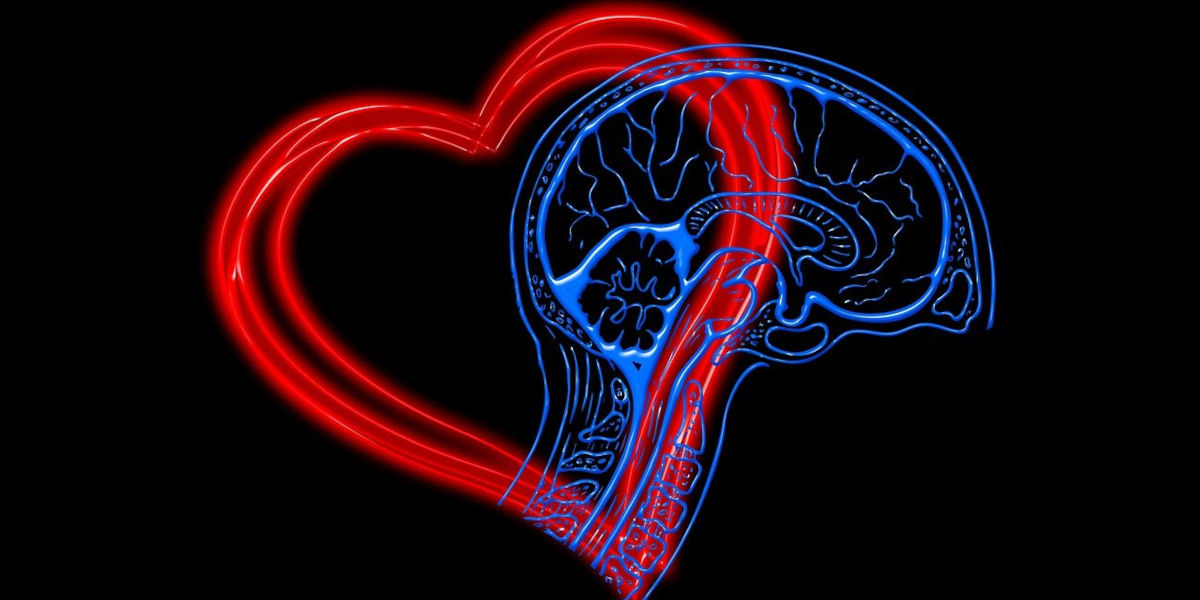Variable emotions come with the complexity of human nature. They can be our guides or our foes, depending on how well we regulate them. However, important questions remain: How do we play an active role in managing our emotions? Can mindfulness help us deal with emotions? In this article, we'll demystify these concepts, focusing on the ties between mindfulness and emotional intelligence and examining whether mindfulness can improve emotional intelligence.
What are Mindfulness and Emotional Intelligence?
Mindfulness refers to a state of mind where you remain completely present in your current activity, utterly aware of your thought and responses, and accepting of your experience free from judgement. It’s a mental state achieved by introducing meditation or other training into your daily routine; it necessitates the ability to observe without reaction and to engage with what is, rather than what you may wish it to be.
On the other hand, emotional intelligence entails acknowledging, apprehending, and managing our own emotions and the emotions of others. It involves individual self-awareness, self-regulation, motivation, empathy for others, and adeptness in social skills. With high emotional intelligence, one can navigate social complexities, make better decisions, manage behavior, and maintain healthy relationships.
But how do these two concepts connect? This is where the integration of mindfulness and emotional intelligence comes into play, providing an intriguing line of inquiry.
The Relationship Between Mindfulness and Emotional Intelligence
Mindfulness, due to its requirement for self-awareness, plays an integral part in improving emotional intelligence. When we are mindful, we can discern our emotions, directly impacting emotional intelligence components – self-awareness and self-regulation. We begin to understand our triggers and emotional responses better, moving us towards healthier mental habits and effective responses. Hence, integrating mindfulness and emotional intelligence can offer exceptional benefits, particularly when it comes to regulating our emotional world.
Can Mindfulness Improve Emotional Intelligence?
Considering the interlinked nature of mindfulness and emotional intelligence, it would not be wrong to assert that mindfulness can indeed boost emotional intelligence. But how does this happen? Let's delve deeper into how practicing mindfulness brings about an improvement in emotional intelligence.
How to Practice Mindful Emotion Regulation
Mindful emotion regulation involves allowing oneself to experience the full range of emotions while maintaining non-judgmental observation and balanced awareness. It engages your active participation in recognizing, accepting, investigating, and not-clinging to their emotions to build resilience and a better self-understanding. But how can you practice this remarkable combination of mindfulness and emotional intelligence?
Understanding emotional intelligence and mindfulness is just the start. To regulate our emotions mindfully, we need to dig deeper and engage in practical steps that resonate with our daily lives. Let's explore more on how mindfulness enhances emotional intelligence.
Becoming Aware
The first step in regulating emotions responsibly is becoming mindful of them in the first place. It involves recognizing and naming the feelings we are experiencing. By doing so, the intensity of our emotions can sometimes decrease, and we find ourselves in a better position to manage them. This substantiates increased self-awareness, one of the key pillars of emotional intelligence.
Acceptance Without Judgment
Mindfulness also fosters emotional intelligence by urging us to accept our emotions without judgment. When we permit ourselves to feel without chastising, we gain a chance to understand the why behind our emotions rather than criticizing the feeling itself. This frame of acceptance helps enhance self-regulation, another component of emotional intelligence.
Improved Decision Making
Another benefit of incorporating mindfulness into our emotional intelligence strategy is the enhancement of our decision-making capabilities. Mindfulness aids us in reacting less impulsively to emotional triggers, thereby avoiding regrettable decisions. This key aspect of emotional intelligence is better known as self-management.
Increased Empathy
Moreover, mindfulness lays the groundwork for empathy, another element of emotional intelligence. It allows us to decipher and respond to others' emotions effectively. By recognizing emotions without reacting, we can better understand what another person is experiencing or feeling, thus bolstering empathy.
Stronger Relationships
Lastly, becoming mindfully emotionally intelligent can pave the way for healthier, more profound relationships. By honing the skills of awareness, acceptance, self-regulation, mindful decision-making, and empathy, we can interact more effectively. This invariably leads to more reliable communication and, ultimately, stronger relationships.
In conclusion, Mindfulness and emotional intelligence go hand in hand to enhance our overall well-being. By fostering self-awareness, self-management, and empathy, mindfulness enables us to become more emotionally intelligent. The more mindfully aware we become, the more capable we are of managing our emotions, making measured decisions, and building stronger, healthier relationships.




